Have to must and should for obligation and advice 156594-Must have to should obligation grammar
Modals of Advice Common modals of advice in English are should, ought to, and had betterRead on for the differences in meaning and usage! Have to or must?It's bad for you

Test English Prepare For Your English Exam
Must have to should obligation grammar
Must have to should obligation grammar- https//bitly/2u4a7wi Click here and get the best resources online to master English grammar and improve your vocabulary with tons of content for FREE!Mustn't means it's not allowed, or it's a bad idea You mustn't eat so much chocolate, you'll be sick




Test English Prepare For Your English Exam
Should expressing obligation Structure should infinitive form of a verb should be, should go, should do, etc We use should for the present and the future We use should to give advice to someone and to say that something is a good idea Should is weaker than have to and must You should tell them the truth You shouldn't smoke; In present, need to, must and have to are all used to express strong obligation All three have equal strength Often learners have difficulties with must and have to and often see little difference between the two In brief, the rule is that must is used for internal obligations, and have to is used for external obligations My tooth is sore I must go to the dentist To travel, you have Modal Must I must study Usage Obligation/Prohibition 7 Split class into groups of 4 Give them the names of places eg petrol station, football stadium, hospital, jail, schooletc They must write the rules for 1 place and then read out the rules to the rest of the class The other groups must try to guess the location from listening
While questions with "must" are grammatically correct, it is more usual nowadays to use "have to" for questions There is no past form of must for obligation We had to show our passports at the border We weren't allowed to use calculators in the exam Or, we couldn't use calculators inCheck your grammar grouping – have to, must and should Put the phrases in the correct groups drive on the right side of the road in the UK – everyone drives on the left!Los verbos modales must, have to, should, should have (Modals must, have to, should, should have) Should Se usa "should" para dar o pedir consejo o para dar opiniones en el presente "I have a terrible stomachache" "You should go to the doctor's" "I haven't heard from my father"
Have to, Must, Should For Obligation And advice I think I've heard people use should in other ways, like 'he should be here in a minut Is used more inQuizzes Obligation quiz 01 Tenquestion multiplechoice quiz on obligation with must, have to, should, be supposed to etc Obligation and necessity quiz 02 Tenquestion mulitple choice quiz have to / don't have to / must / mustn't/ is allowed to / can Obligation, necessity and permission quiz 3 Sixteenquestion MC quiz, past and present have to = used for strong advice, obligations, and rules must = used for strong advice, obligation, and rules should = used for give advice (not as strong as the words above) Had better is used to give strong advice However, had better is only used when there is the threat (risk) of danger if you do not follow the advice




Unit 2 4eso Unit 2 Vocabulary V Places




Modal Verbs Of Recommendation Or Moral Obligation Should Ought To
Kita akan mengetahui jawabannya melalui pembahasan tentang cara penggunaan must, have to, should di bawah ini 1 Expressing Obligation Expressing obligation atau menyatakan kewajiban/ keharusan adalah salah satu fungsi dari must dan have to Dalam menggunakan must dan have to untuk menyatakan keharusan, kita harus melihat konteksnyaBoth should and ought to are used to talk about obligation and duty and to give advice One way of getting the meaning of should across to learners is to contrast its meaning with that of must and have to as the degree of obligation is considerably less, eg I have to go to the doctor as compared to I should go to the doctorModals of Advice 1 Should, Ought to, Had Better Modals of Advice 1 Should, Ought to, Had Better Choose the best modal for each sentence Click on the box beside the best answer
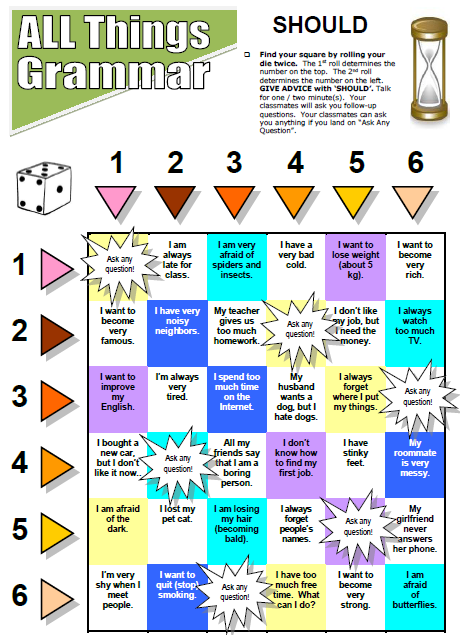



Should All Things Grammar




English Esl Must Or Have To Obligation Worksheets Most Downloaded 133 Results
Amy Well, when your dog you shouldn't leave it on the street You should always clean it up and put it in the bin Oliver Hmm And a smaller dog?Latest video https//googl/a2U8MF'Have to', 'Must' o 'Should' ¿Qué modales tenemos que, debemos y deberíamos emplear y cuándo?Help me make better vide Grammar games advice, obligation, prohibition These 3 games provide some extra speaking practice when discussing functions of such verbs as should, shouldn't, must, have to, and not have to to express advice, obligation, and prohibition It is a good idea for preintermediate and intermediate students, adults and teenagers alike
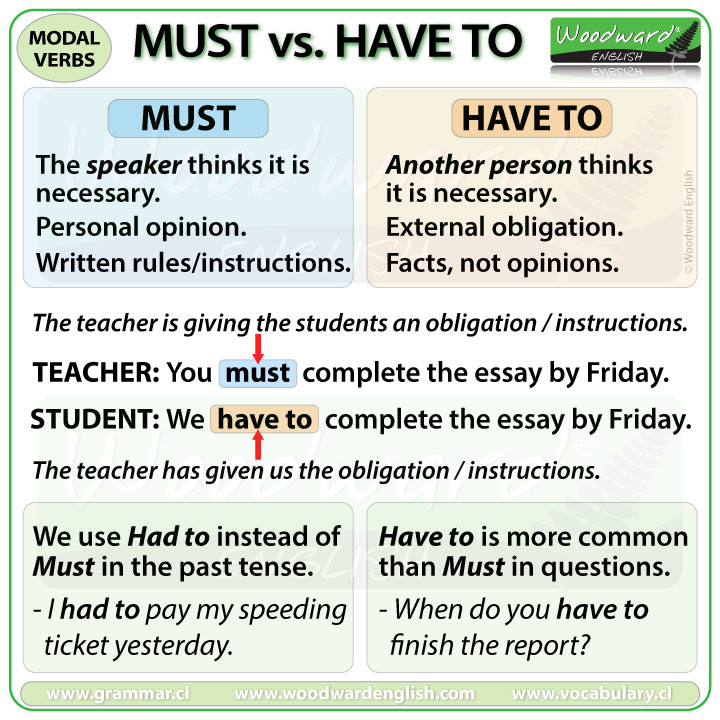



Must Vs Have To Woodward English
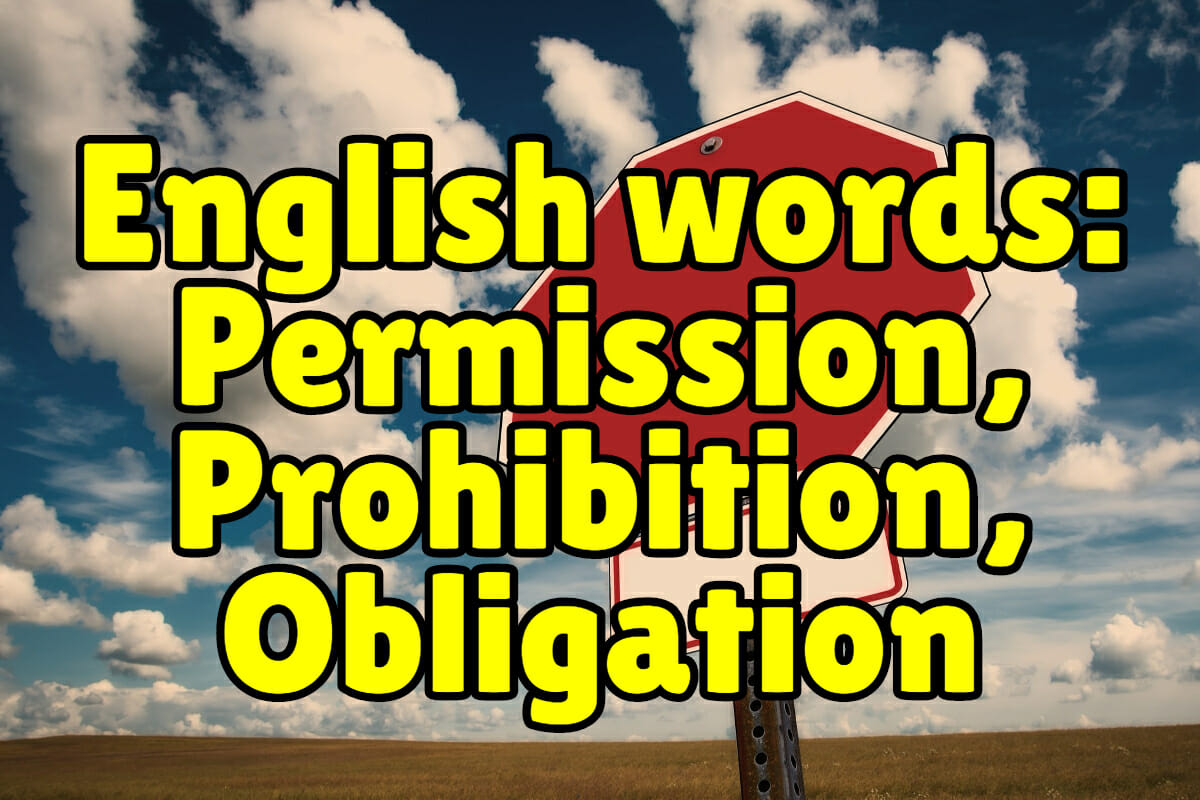



Common English Words Permission Obligation Prohibition Espresso English
I should have/ought to have invited the neighbours to the party They were so offended Should/ought to – probability 'Should' and 'ought to' can be used to talk about something that is probable or that it is expected to happen or that it is true We should/ought to be finished by this afternoonYou can find out below Good luck!Obligation have to María has to go to Rome must You must see a doctor Must expresses more urgency than have to She had to see a doctor Must is only used in the present simple no obligation don't have to He doesn't have to go "It´s your choice" prohibition mustn't You mustn't insult people recommendation should




Unit3 Modals Of Obligation Advice And Permission Tp9 3rd 4th Year Worksheet




English Grammar Modals Modal Verbs
Well, you don't have to go twice, but you must go at least once Every day Rain, snow, sun every day And you mustn't forget to take two or three small plastic bags when you go out Oliver Plastic bags?Those that primarily express a firm obligation or necessity must and have to those that express a recommendation or moral obligation should and ought to Difference Between Should and Must Should vs Must The words "should" and "must" are modal auxiliary verbs or simply modals They provide information about the function of the main verb following it Both "should" and "must" are similar in meaning except that "must" is a much stronger word as compared to "should" "Should" is the past tense of "shall" "Should




Modal Verbs Modal Verbs Must Should Can Could




Modal Verbs Should Ought To Have To Y Must
Should ought to had better Modal verbs are helping/auxiliary verbs that express ideas like ability, advice, and obligation Many modal verbs have more than one meaning They are always followed by the simple form of a verb For example Amanda should go to the doctor This shows that we think it is a good idea for Amanda to visit the doctorNote that we don't use must to express obligation in the past We use have to instead I had to pay £85 to renew my passport last week No obligation don't have to We use don't have to to show that there is no obligation You can do something if you want to but it's not compulsory You don't have to wear a tie in our office but some people50 % obligation I should / ought to see a doctor I have a terrible headache to suggest an action or to show that it is necessary advice You should / ought to revise your lessons to be very probable logical conclusion (deduction) He should / ought to be very tired after such enormous work HAD BETTER to suggest an action or to show that




Pin On English




Test English Prepare For Your English Exam
Obligation 'Have to' and 'must' are both used to express obligation There is a slight difference in the way that they are both used 'Have to' shows that the obligation comes from someone else, not the speaker This is usually referring to a rule or law We have to be at the airport at least two hours before the flight I have to work on SaturdayIn this lesson, you can learn about the modal verbs must, have to and shouldDo you know the difference between 'must', 'have to' and 'should'?TOEIC Free English Course Modal Verbs of Obligation Exercise This modal verbs of obligation exercise checks your understanding of using have to and must Do you know when to use each modal?
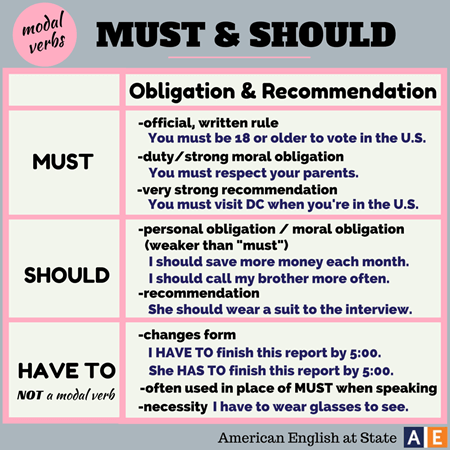



Modal Verbs Must Should And Have To English Learn Site




Modal Verbs Should Ought To Have To Y Must
Obligation should, must , have to Downloadable worksheets modal verbs (present) Level intermediate Age Downloads 511 Parental Obligation Modals of permission/obligatio n/necessity Kids and Parenting Level intermediate Age 1217 SHOULD , MUST, HAVE TOCall the emergency services if you Grammar videos Have to, must and should for obligation and advice 1 Must and Have To Must and have to are both used to talk about obligations things you cannot choose not to do For example We must talk to her before she leaves I have to go into work early tomorrow If you say, We must talk to her before she leaves, you mean that you think this is very important, and you need to do it When you say, I have to go into work early



Functions Of Modal Verbs Match Up
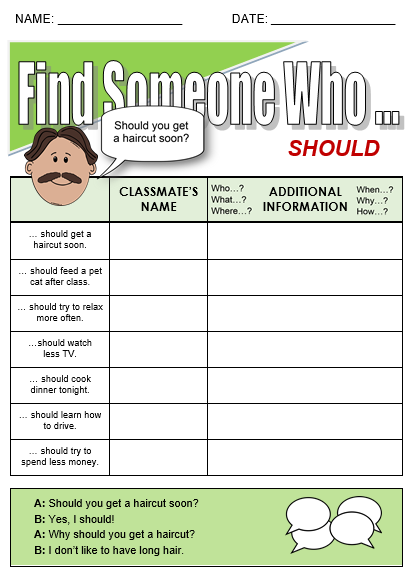



Should All Things Grammar
This interactive Powerpoint presentation contains some flash cards and a multiple choice game on must / mustn't Hope is useful for you a ,619 Downloads Modal verbs quiz By 1mada A ppt game to practise modal verbs for obligation, permission, prohibition, deduction, certainty Hope you find it usefulModal Verbs for ObligationAnd we use mustn't to talk about prohibition, when there is obligation not to do something If you don't have to do something, it means that you can do it if you want, but you don't need to do it




Should Must Have To Advanced English Grammar Youtube




Play this game to review Grammar You_____ try some of my ice cream and see if you like itModal verbs part 2 obligation must, have to, should and ought to There are two types of modal verbs of obligation ;Have to must 🤩 Have to, must and should for obligation and advice 💕Mustn't means it's not allowed, or it's a bad idea• It often shows us that the obligation comes from the speaker or the authority that wrote the sentence You have to wait until they're bigger or to post comments Hamdy Ali replied on November, 1841 Egypt If you want to recommend this short




Test English Prepare For Your English Exam
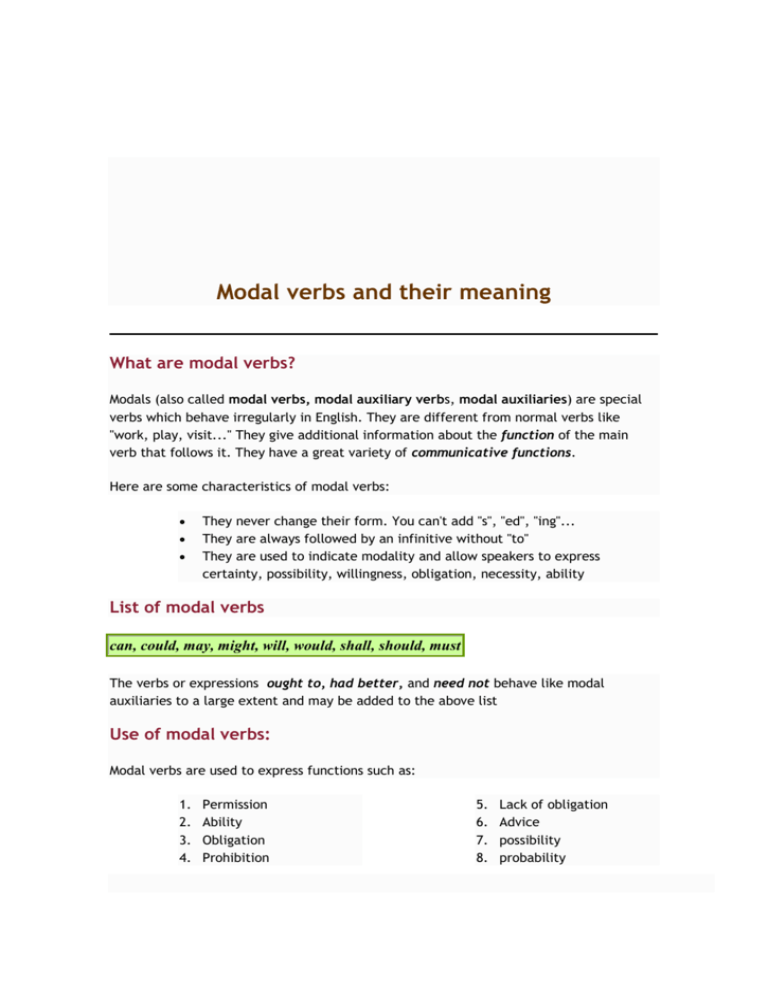



Modal Verbs And Their Meaning
In general,we use 'have to' expresses impersonal obligation We use 'must' to talk about personal obligationWe use when the necessity comes from the speaker We use when the necessity comes from outside the speaker, ie rules or laws 15 Must ( infinitive) • We usually use must when the obligation is inside the speaker (it is a moral obligation) I must do some exercise to get fit have to ( infinitive) • We use have to when the obligation is outside the speaker (itShould is used to give advice or an opinion about what we think is right or wrong You should go to a therapist I think schools shouldn't offer soft drinks to their students Should is not as strong as must or have to You should be patient with me (=advice) You must be patient with me (=strong advice) ought to/ought not to = should/shouldn't




Should English Grammar




Modals Must Have To Should Should Have Grammar Businessenglish Com
This worksheet presents modal verbs used for talking about obligation, necessity and prohibition as well as for giving advice The present forms of the modal verbs must, have to, need to, needn't and should are studied and practised The worksheet is suitable forGive each pair of students a card Students describe the place or situation on their card by writing five sentences with modal verbs and expressions of obligation and prohibition, eg must, should, have to, etc When everyone has finished writing, pairs take itMustn't is used to express prohibition (an obligation not to do something), whereas don't have to is used to express an absence of obligation (⇒ See Have to, must, should – obligation, prohibition, necessity, advice) You mustn't reveal where you get the information (=you have the obligation not to do it) You don't have to arrive before 7




Modal Verbs Of Obligation Modal Verbs Easy English Grammar English Learning Spoken




Test English Prepare For Your English Exam
We use don't have to when we don't need to do something, when there's no obligation;Modals obligation, lack of obligation, prohibition and advice OBLIGATION MUST We use must to express a personal obligation, to say that in our opinion something is essential or necessary IWe can use have to infinitive, must infinitive and should infinitive to express obligation (something you have to do) Be careful about the difference between mustn't and don't have to!




Modal Verbs Are Auxiliary Verbs Which Cannot Usually




Obligation And Advice B1
Should Using the modal of advice should is the most common way to suggest something to someone in English The pattern is should base verbThe negative form, should not, often gets contracted to shouldn't You should tell




Must Have To And Should For Obligation And Advice In English Youtube



1




Simmonds Learn English Modal Verbs Youtube
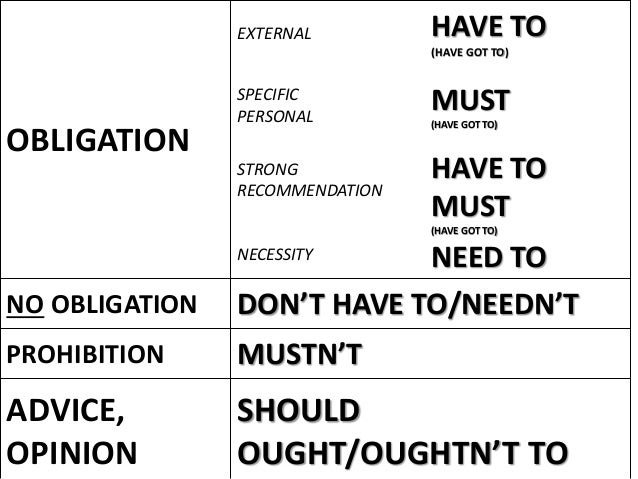



Obligation Necessity Prohibition Advice




Modal Verbs Can Must Mustn T Should Have To Worksheet




Have To Must And Should For Obligation And Advice Learnenglish Teens British Council
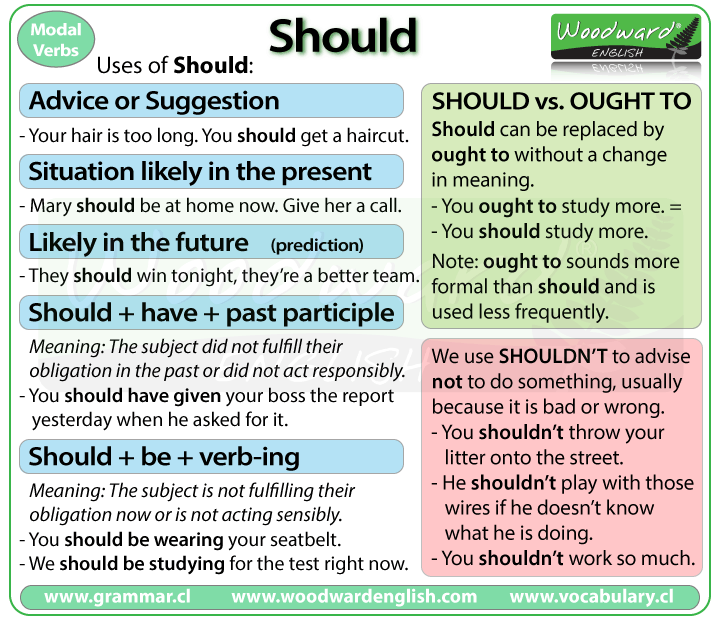



Should English Grammar
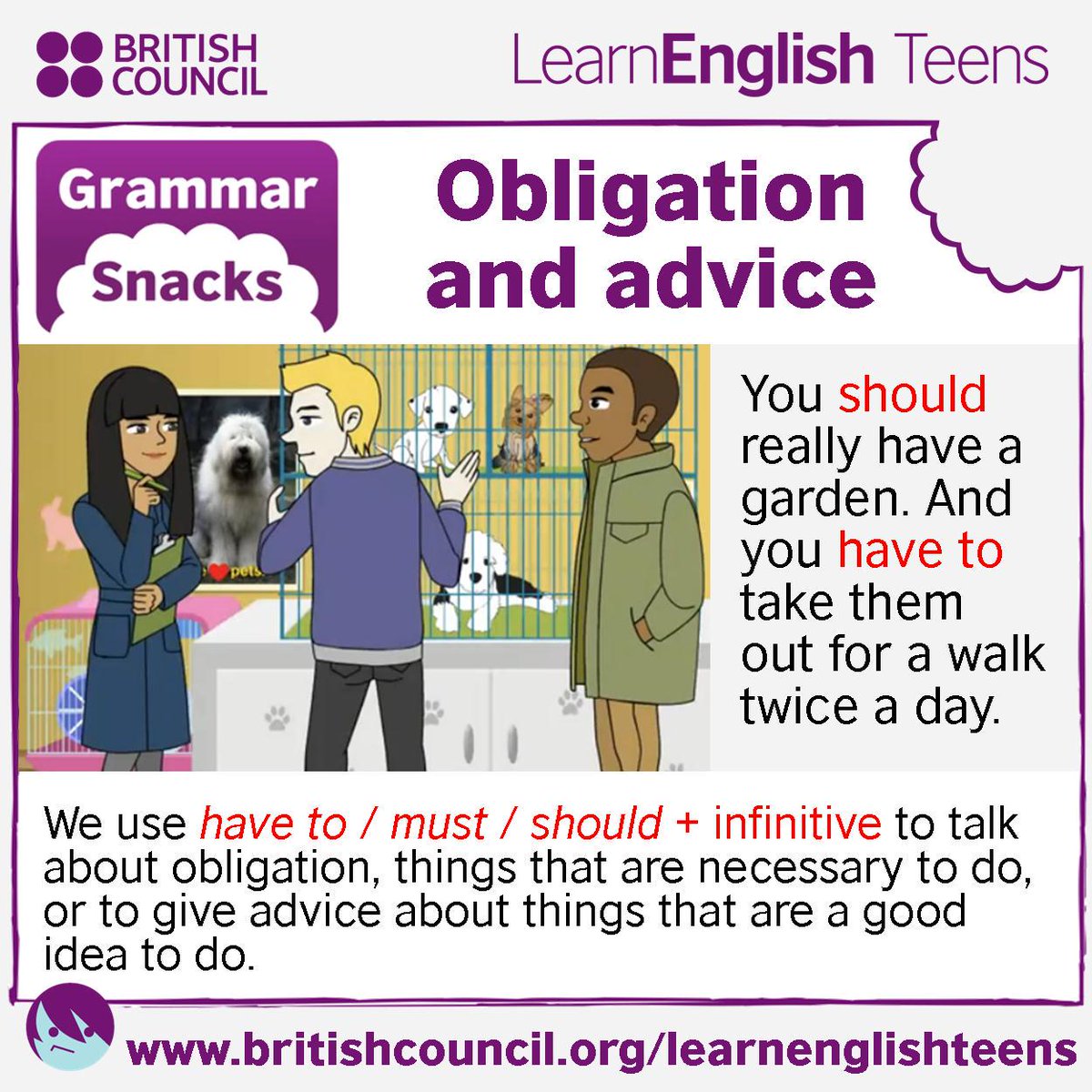



Learnenglish Find Out How To Use Have To Must Should To Talk About Obligation And Advice Http T Co 9en1omg7ls Http T Co C3yrhp1tjo




Should English Grammar
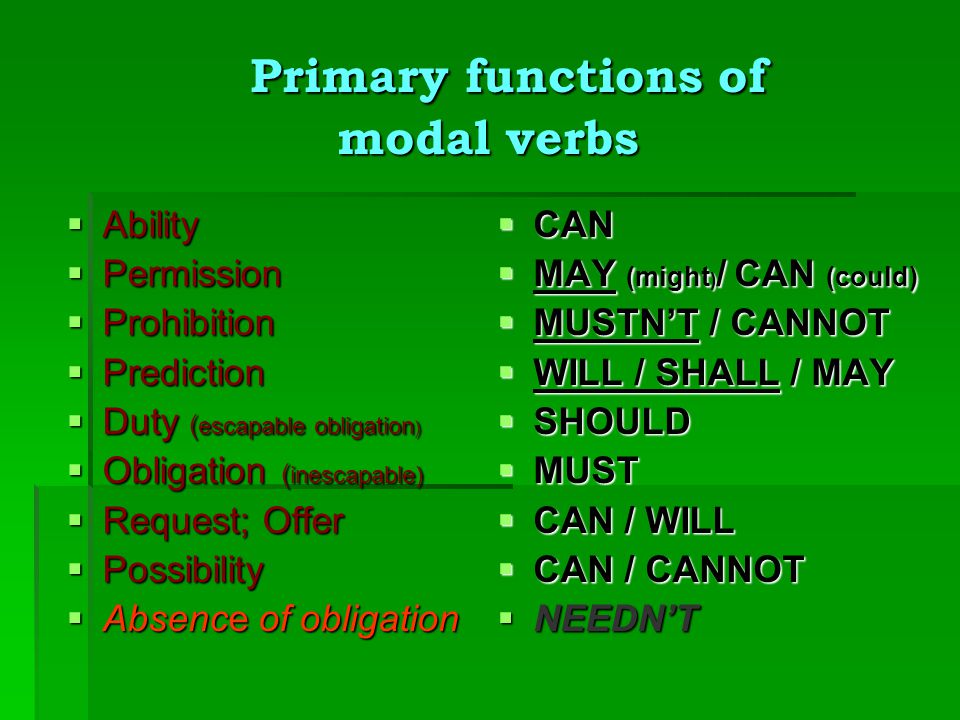



Modal Verbs Using The Modal Verbs We May For Example Ask For Permission To Do Something Grant Permission To Someone Give Or Receive Advice Make Or Ppt Video Online Download



7a Advanced English Grammar Differences Between Must Have To Ought To Should Need Needn T Have
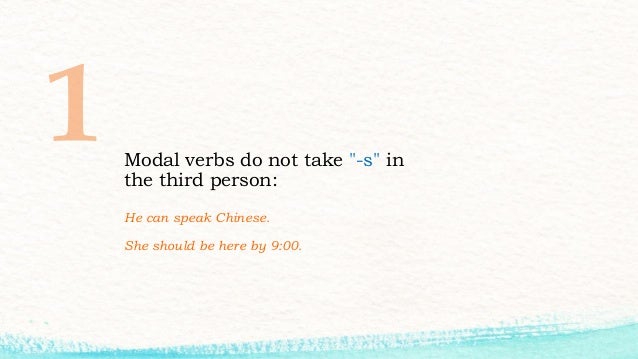



Obligation And Advice B1
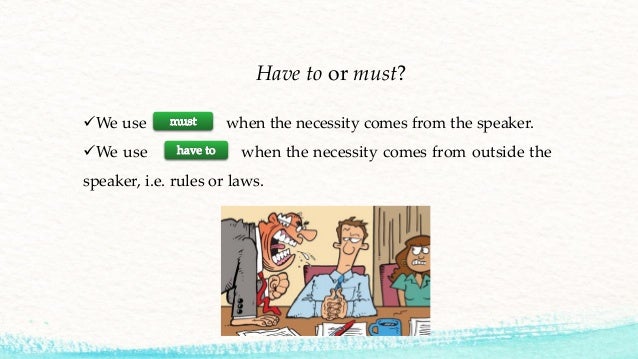



Obligation And Advice B1
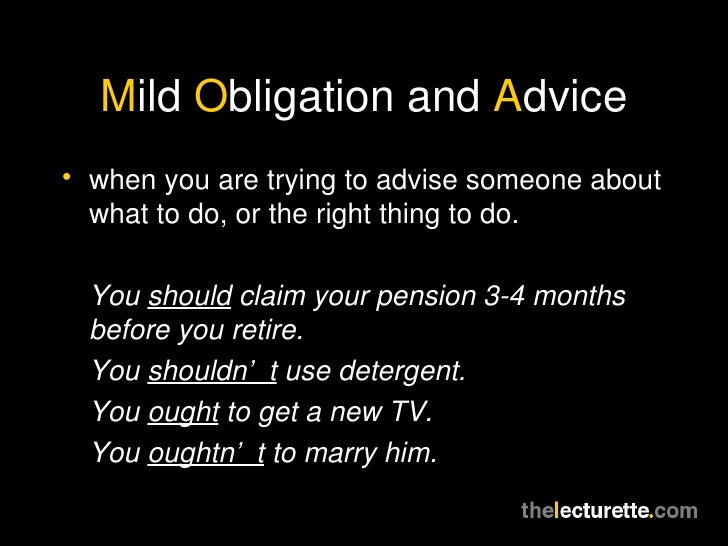



Mild Obligation And Advice




Free English Language Learning Resourcesshould Vs Must Advice Recommendation Vs Obligation




Modal Verbs Of Obligation Prohibition And Advice Worksheet
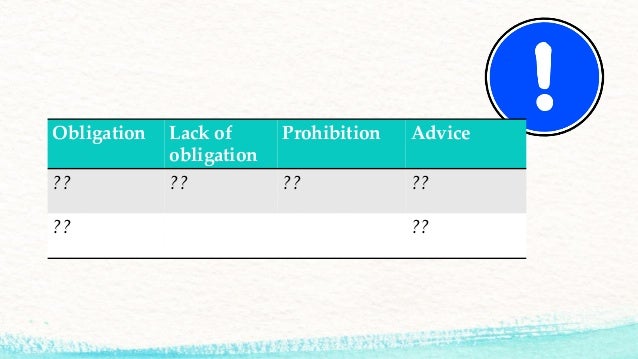



Obligation And Advice B1




Come0 School When We Descubre Como Resolverlo En Qanda




Commonly Confused Words In English Grammar Rules And Examples Eslbuzz Learning English Learn English English Grammar Learn English Grammar
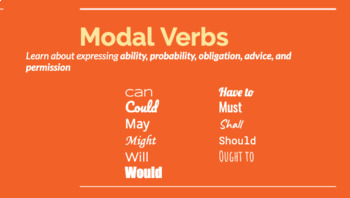



Esl Modal Verbs Powerpoint By Sienna Lyon Teachers Pay Teachers
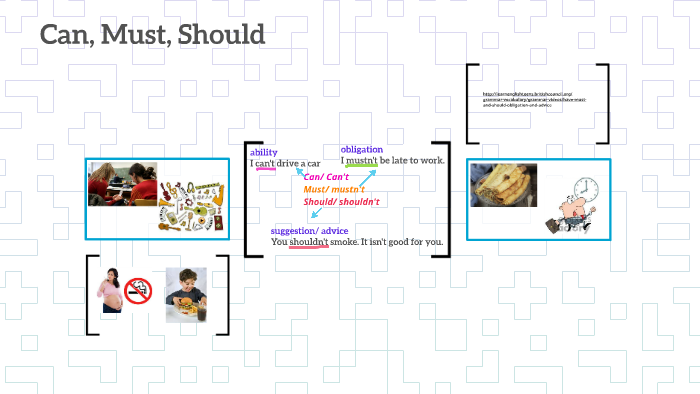



Can Must Should By Perju Tatiana




48 V Modals Ideas Learn English English Grammar English Lessons




Modal Verbs Should Ought To Have To Y Must



Modal Auxiliary Teacher Jairo 21 Website Only For Education




Juana Moral S English Site Modal Verbs Iii Obligation Must Mustn T Have To Don T Have To Need To




Modal Verbs Must Should Have To English Esl Powerpoints For Distance Learning And Physical Classrooms




Ability Logical Conclusion Necessity Obligation Permission Possibility Prohibition




G22wqnyx4rugzm
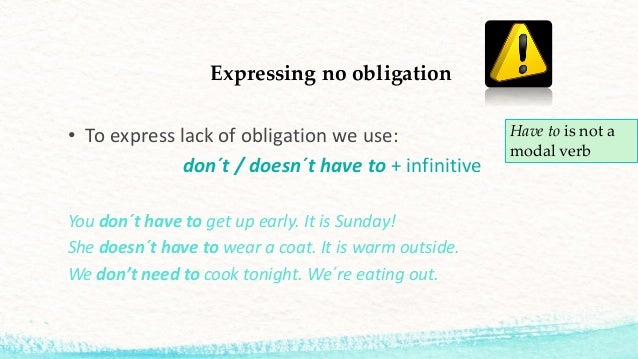



Obligation And Advice B1




Juana Moral S English Site Modal Verbs Iii Obligation Must Mustn T Have To Don T Have To Need To




Should English Page




Test English Prepare For Your English Exam




Obligation Advice Boardgame




5 Must Use Exercises For Teaching Esl Modal Verbs




Modal Verbs Onomastics Verb




Modal Verbs Should Ought To Have To Y Must




Modals Advice Obligation Or Prohibition English Esl Worksheets For Distance Learning And Physical Classrooms




Have To Must And Should For Obligation And Advice Grammar And Vocabulary Advice Learn English
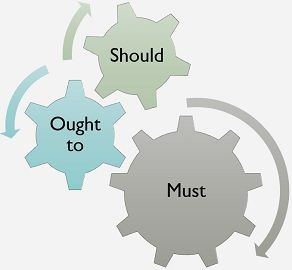



Difference Between Should Ought To And Must With Example And Comparison Chart Key Differences



3




Modal Verbs Are Auxiliary Verbs Which Cannot Usually




Modal Verbs Should Vs Have To Ppt Download




The Difference Between Must Have To Shall Need And May




Modal Verb Wikipedia



1




Should Must Have To Advanced English Grammar Youtube




Modals Interactive Activity For Pre Intermediate
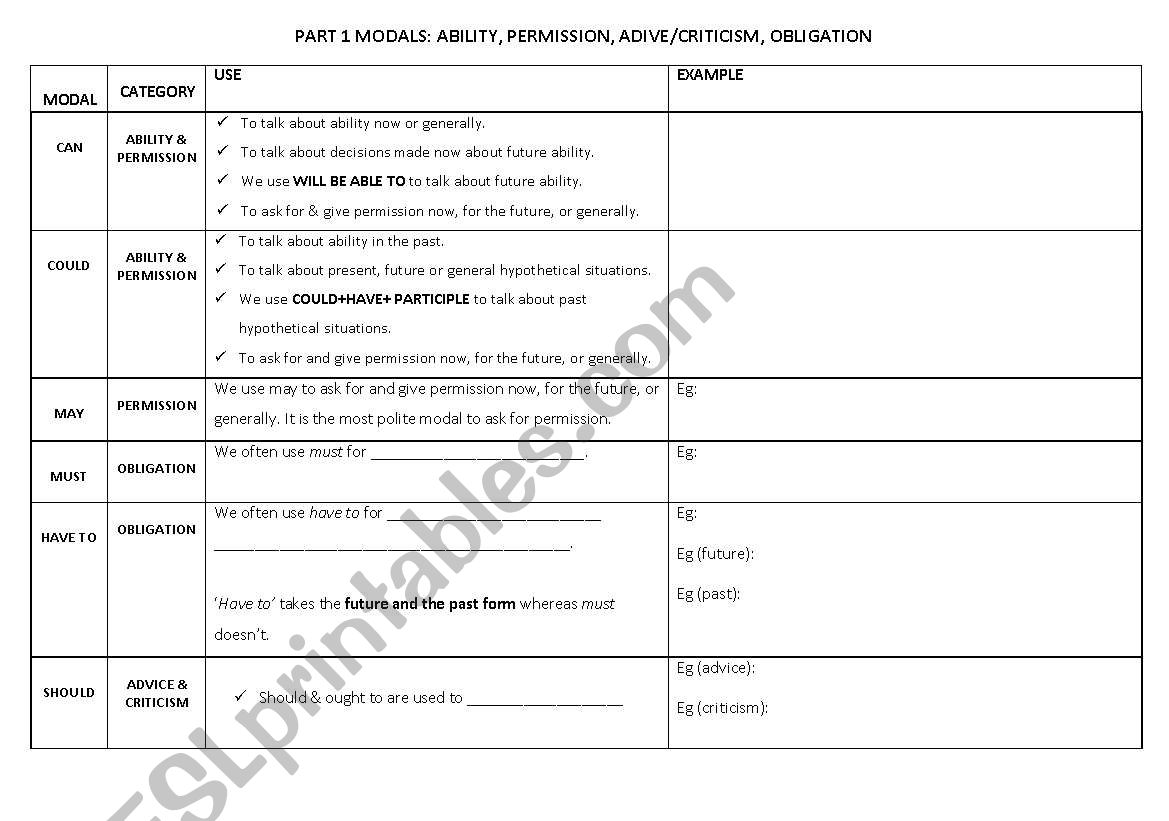



Modals Ability Permission Advice Criticism Obligation Esl Worksheet By Natalia
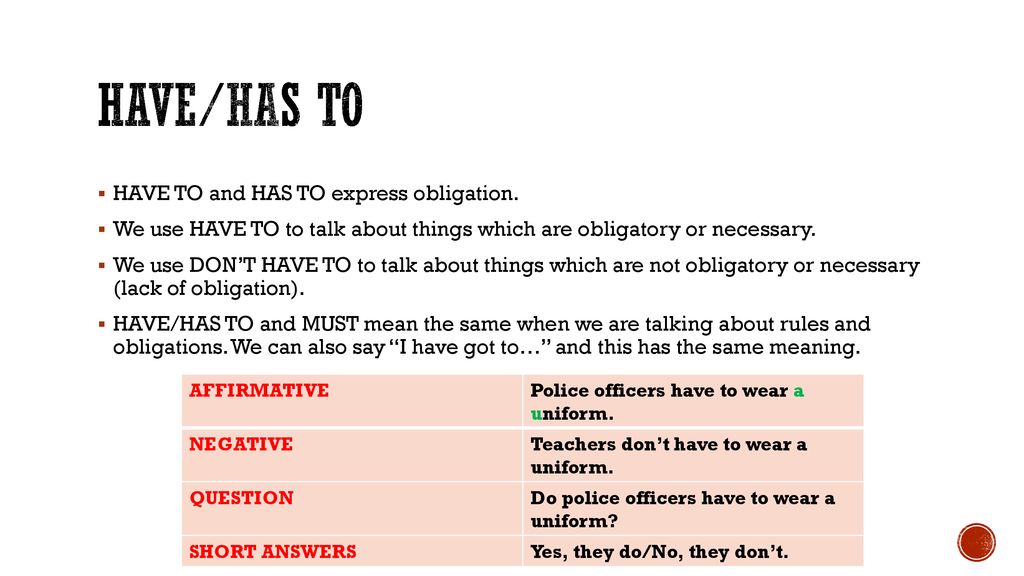



Obligation Prohibition Advice Ppt Download




The Difference Between Must Have To Shall Need And May




Modal Verbs Worksheets And Online Exercises




Grammar Games Advice Obligation Prohibition




Modal Verbs My English Blog



Modal Verbs 1 Obligation Prohibition And Advice Abaco C E D A Centro De Estudios
:max_bytes(150000):strip_icc()/sign-warning-people-of-fines-for-feeding-wildlife-in-a-park-at-arakoon-in-new-south-wales--australia-847527992-5bc9d8c246e0fb0026d028e0.jpg)



How To Use Must Have To And Need To In English




3 Grammar Games To Practice Expressing Advice Obligation And Prohibition Should Shouldn T Must Mustn T Have To And Not Ha Grammar Games Grammar Advice




Modal Verbs For Suggestion And Advice Grammartop Com
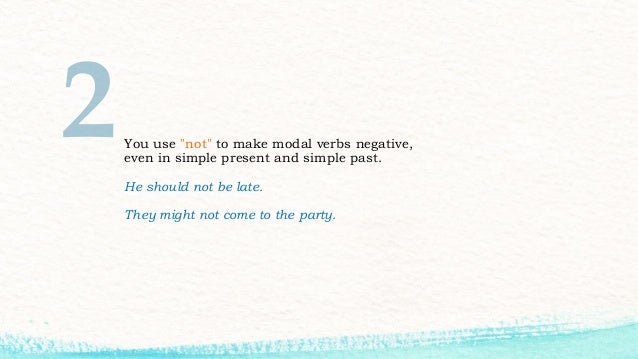



Obligation And Advice B1



Http Menco Cn Resource Download 544efd9362f640d68 Hash File Pdf



Unit 4 Modal Verbs Have To Must Should Apparier




Modal Verbs Are Auxiliary Verbs Which Cannot Usually




Modal Verbs Should Ought To Have To Y Must
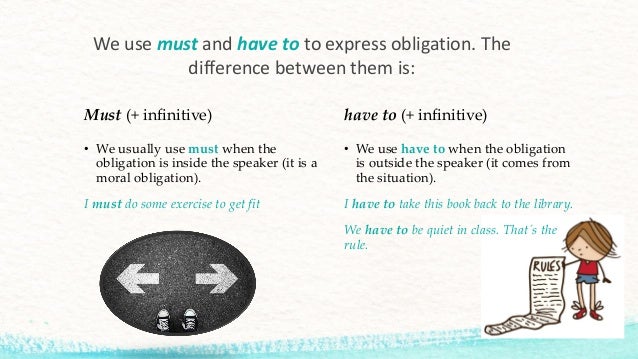



Obligation And Advice B1




Difference Between Ought To And Should Myenglishteacher Eu Blog




Modal Verbs Obligation Prohibition Advice And Deduction Worksheet
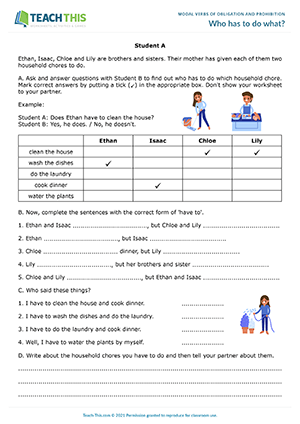



Modals Obligation Prohibition Esl Activities Games Worksheets




Modal Verbs The Condiments Of English English Live Blog
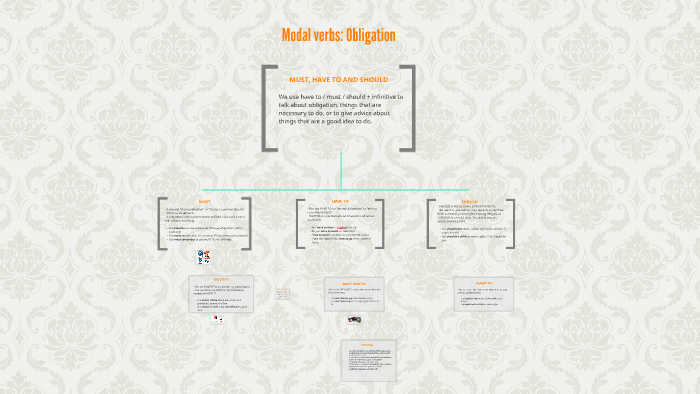



Modal Verbs Obligation By Cristina Pozo Castillo On Prezi Next




Difference Between Ought To And Should Myenglishteacher Eu Blog




Modal Verbs Of Obligation Lessons For English




Modals Must Have To Should Should Have Grammar Businessenglish Com




English Grammar Modal Verbs Or Modal Auxiliaries Lesson 1 General Rules And Definitions Learn English With Africa




Test English Prepare For Your English Exam
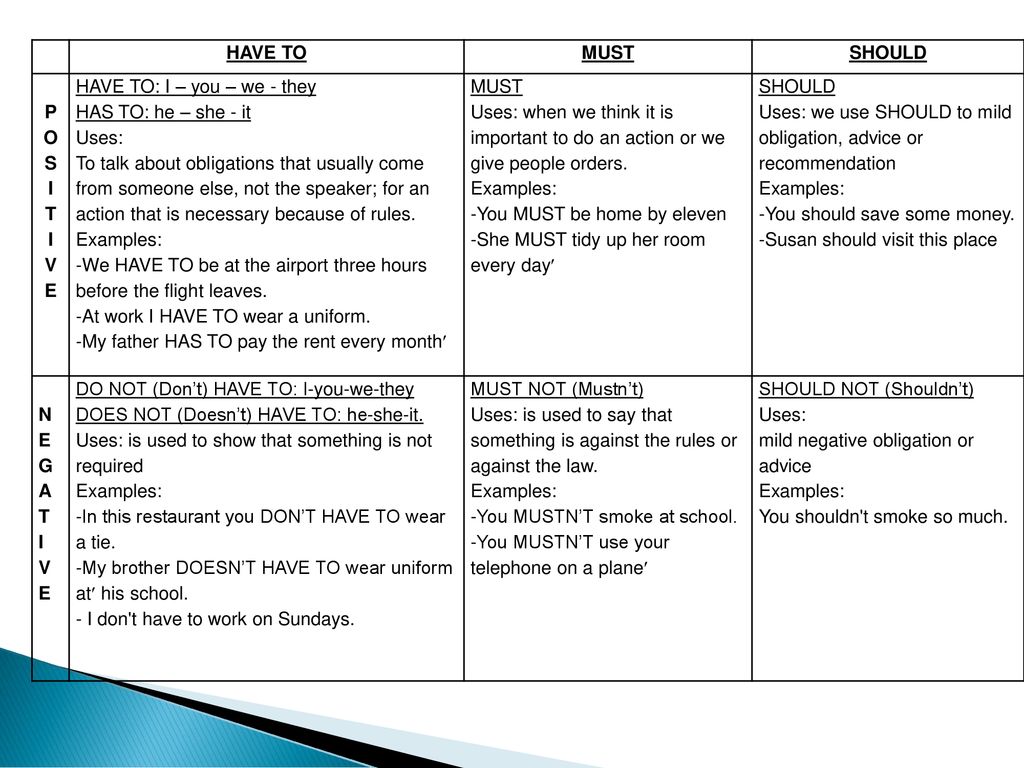



Grammar Review For 9th Grade A B C Ppt Download




Modal Verbs Of Obligation Must Should Ought To




Modal Verbs For Obligations Statements Grammartop Com




Have To Must And Should For Obligation And Advice Learnenglish Teens British Council



1



コメント
コメントを投稿